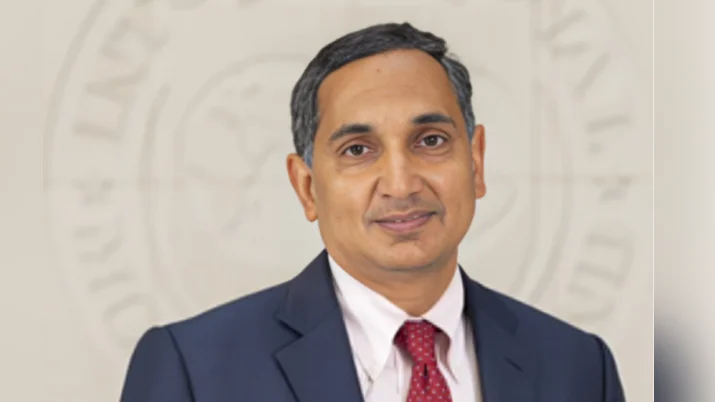From October 7 to October 20, 2024, an International Monetary Fund (IMF) team led by Ruben Atoyan engaged in discussions with Rwandan authorities regarding the nation's policy priorities and reform progress. These discussions took place within the framework of the fourth reviews of Rwanda’s Policy Coordination Instrument (PCI) and Resilience and Sustainability Facility (RSF), along with the second review of the Stand-by Credit Facility (SCF) arrangement. The IMF Executive Board is expected to consider these reviews in December 2024. Following this review, Rwanda may access SDR 71.8 million under the RSF and SDR 66.75 million under the SCF.
Ruben Atoyan issued a statement highlighting that "Rwanda’s growth momentum remained strong," with a projected real GDP growth of 8.3 percent for 2024, driven by sectors such as services and construction, alongside food crop production recovery. He noted that inflation has stabilized within the central bank's target range due to tight monetary policy and favorable food price developments.
The current account deficit has widened owing to high capital goods imports and low coffee exports. The Rwandan franc depreciated by 6.6 percent against the US dollar from January to October, aiding necessary external adjustments. International reserves at mid-2024 stood at approximately 4.5 months of prospective imports.
Atoyan acknowledged that "macroeconomic policy performance through end-June 2024 remained in line with program objectives under the PCI/SCF arrangement." He noted that all quantitative targets were met, with ongoing reforms aimed at enhancing public investment transparency and foreign exchange market functioning.
Despite a positive economic outlook, risks remain, including geopolitical fragmentation, global energy price spikes, or trading partner slowdowns impacting external financing availability. Rwanda's agriculture remains vulnerable to climate shocks due to its reliance on rain-fed systems.
Fiscal consolidation efforts have been slower than anticipated, leading to an increase in the public debt-to-GDP ratio, expected to reach 80 percent by 2025. Atoyan stressed that while increased concessional financing access is beneficial for implementing critical reforms, it should not replace domestic revenue mobilization efforts.
Monetary policy should focus on anchoring inflation around target levels while maintaining exchange rate flexibility to absorb external shocks. Strengthening foreign exchange intervention frameworks will support FX market development and enhance monetary policy transmission effectiveness.
Significant progress has been made in integrating climate considerations into macroeconomic policies, with Rwanda set to complete all RSF commitments ahead of schedule. However, further acceleration is needed in developing green projects and lending operations.
Atoyan expressed gratitude for "the authorities’ excellent cooperation" during discussions and reaffirmed IMF support for Rwanda's economic reform efforts.

